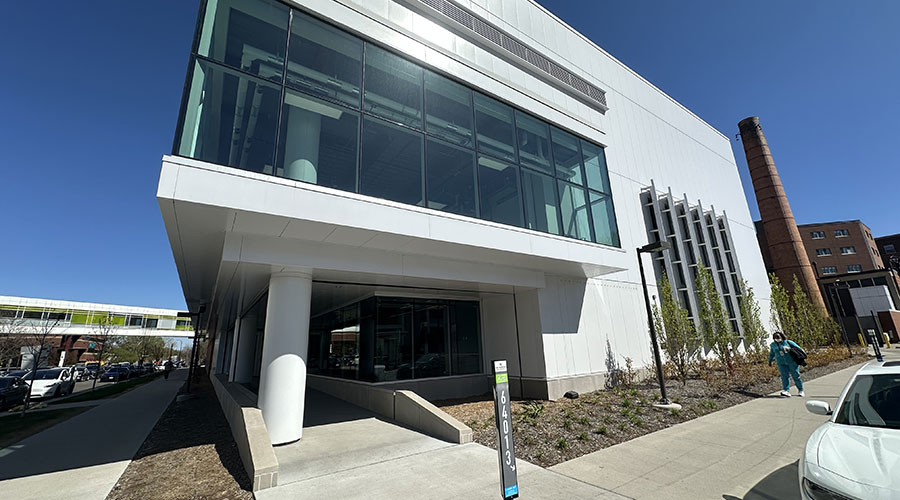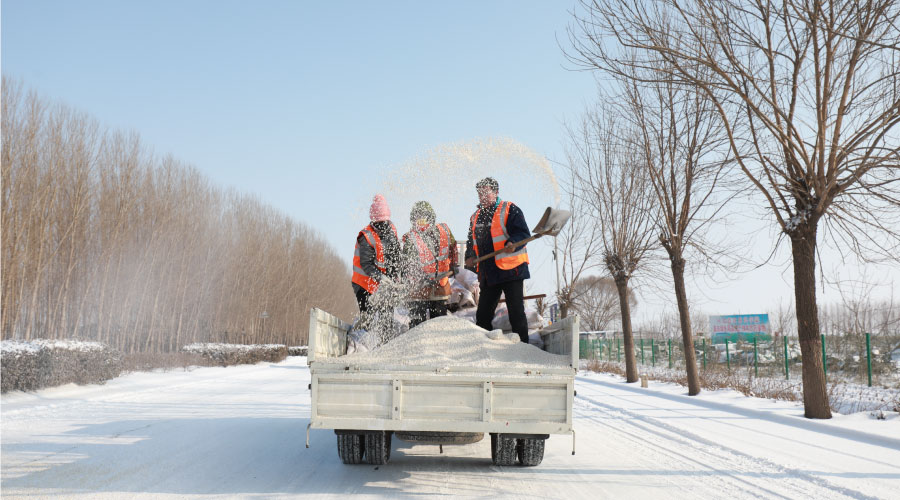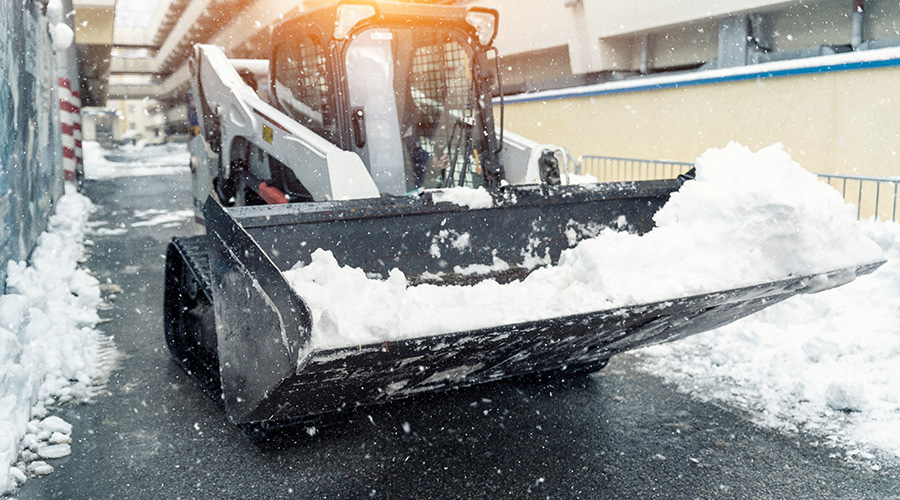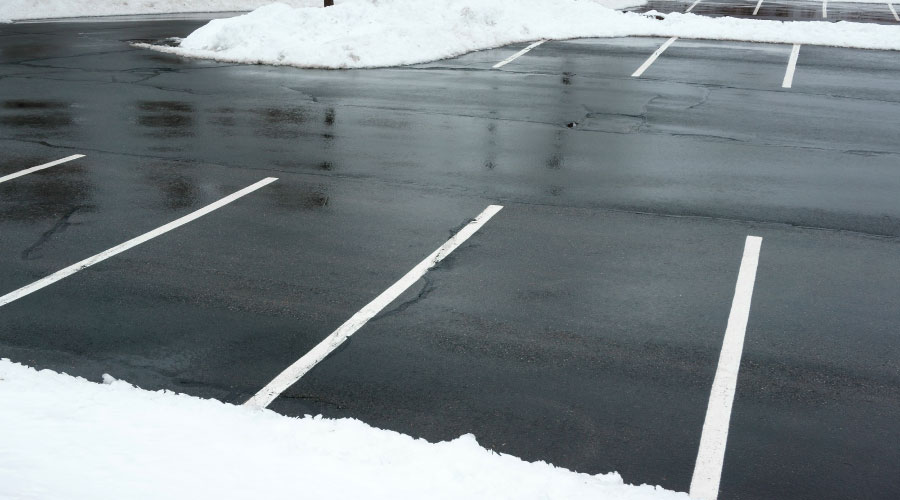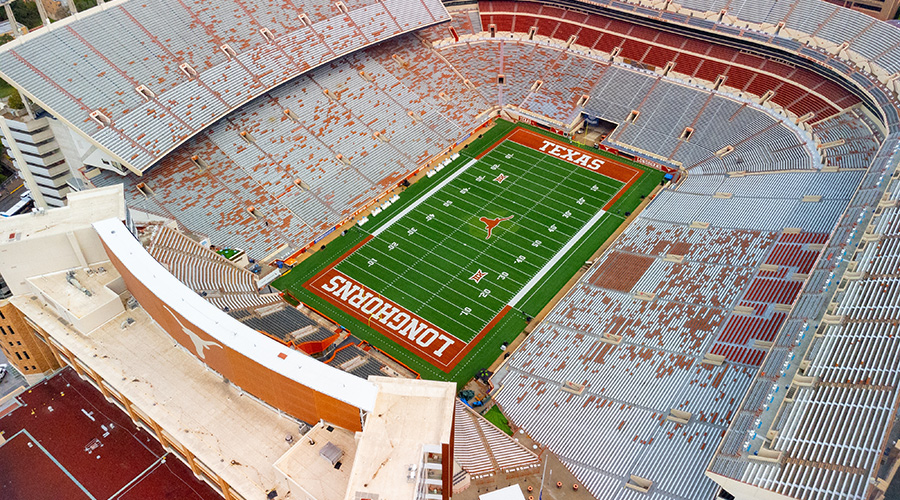Freeze in Hiring, Pay Increases Impacts Productivity
Given the challenges his department has faced in the last few years, Payne has to make sure his staff maintains a positive attitude. But it is difficult to talk about increased productivity during a hiring freeze — and a halt in employee pay increases.
"There are lots of employees this impacted that weren't at that top step, and we've had to freeze (pay increases)," Payne says. "When you begin to talk to somebody about higher production when, at the same time, there are no step increases, it's an incentive issue. I tend to talk more about effectiveness. We still need to focus on, ‘Are we still doing the most effective thing we can with the resources given to us?'"
Communication also has played a key role in ensuring workers feel as though management is considering their perspective while so much change is taking place.
"When we proposed the reorganization plan, we first talked to our staff about it to see if we needed to make any tweaks to the plan," Payne says. "They did have some good points and questions, that, if nothing else, helped us actually play out a few other details in the reorganization plan."
Workers have responded positively to the reorganization so far, and the zone-maintenance approach has created competitiveness within the department.
"If you have a zone assigned to you, it helps you focus more on what's going on in your area, rather than trying to keep track of what's happening over 78 square miles," Payne says. "That's a pretty big area if you're trying to keep track of all trees in that area, rather than taking one quarter of that."
Specification Strategies
Despite the changes in his department, Payne has made sustainability a priority. He tries to specify native plants and other vegetation that requires minimal water and maintenance. When water is necessary, the department primarily uses drip irrigation.
"The great majority of what we irrigate is with drip," Payne says. "A lot of that is for establishment. Our conservation department promotes that it typically takes about three to five years to establish a landscape, whether it's native or not. We've put a lot of irrigation systems in for that purpose."
While many managers avoid drip irrigation due to the difficulty of easily locating leaks in the system, the city's central irrigation control system features a flow sensor that maintains tight control over the amount of water the system uses. If there is an unusually high flow rate, workers receive an alert on their cell phones, which allows them to troubleshoot the problem more quickly.
Regardless of the type of plants he specifies or systems he installs, Payne is always thinking about ways to make his department more efficient. He knows a smaller staff could have a negative impact on maintenance, but the restructured department is designed to maximize productivity, no matter the challenges that surface.
Says Payne, "I won't say there hasn't been a degradation in the level of service provided. When you have one person assigned (to an area), they're going to give it more TLC than a crew that's having to come in. But that's basically what we've come up with as the best solution for the cards that have been dealt to us."
Versatile, Well-Maintained Equipment a Must
The city of Springfield (Mo.) Public Grounds department needs versatile workers who can undertake various tasks in a particular area. Similarly, the department needs the most versatile equipment available. But some tasks, such as street cleaning, require more specialized products.
"Once you get into that kind of specialty equipment, the maintenance costs of those are significantly higher than standard mowers," says Joe Payne, public works operations supervisor with the city.
The more activities one machine can tackle, the better. Public Grounds has large, roadside mowers, standard pick-up trucks, aerial lift trucks for tree maintenance, and knuckle-boom loaders to haul logs.
Because the department has not been able to buy new equipment the last few years, maintaining the existing fleet has become a top priority.
Says Payne, "We've had to weigh out the cost of extending a piece of equipment's service life and the benefit it's going to provide. That's one benefit to us having a dedicated garage. Over the past two years at least, we've been told we're getting passed over for new equipment. That's been difficult."
— Chris Matt
|
Related Topics:






